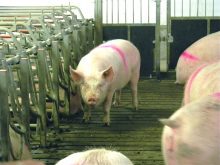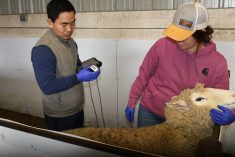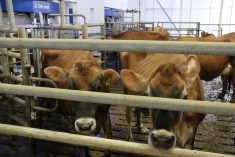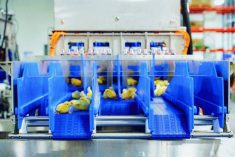Anew program to insure Canada’s egg industry against the effects of Salmonella enteritidis (Se) should be ready this spring.
The program, expected to be ready April 1, will compensate egg farmers for economic losses stemming from Se in their operations.
It will also extend to hatcheries, Manitoba egg producers were told at their recent annual meeting.
Up to now, only layer operators had a national on-farm food safety program which included environmental testing for Se.
Manitoba Egg Producers requires Se testing under “Start Clean Stay Clean,” the board’s on-farm food safety program. It’s expected that testing will extend to pullet producers, as well. Pullet facilities may require two tests per flock. Most operations grow two batches of pullets a year.
Read Also
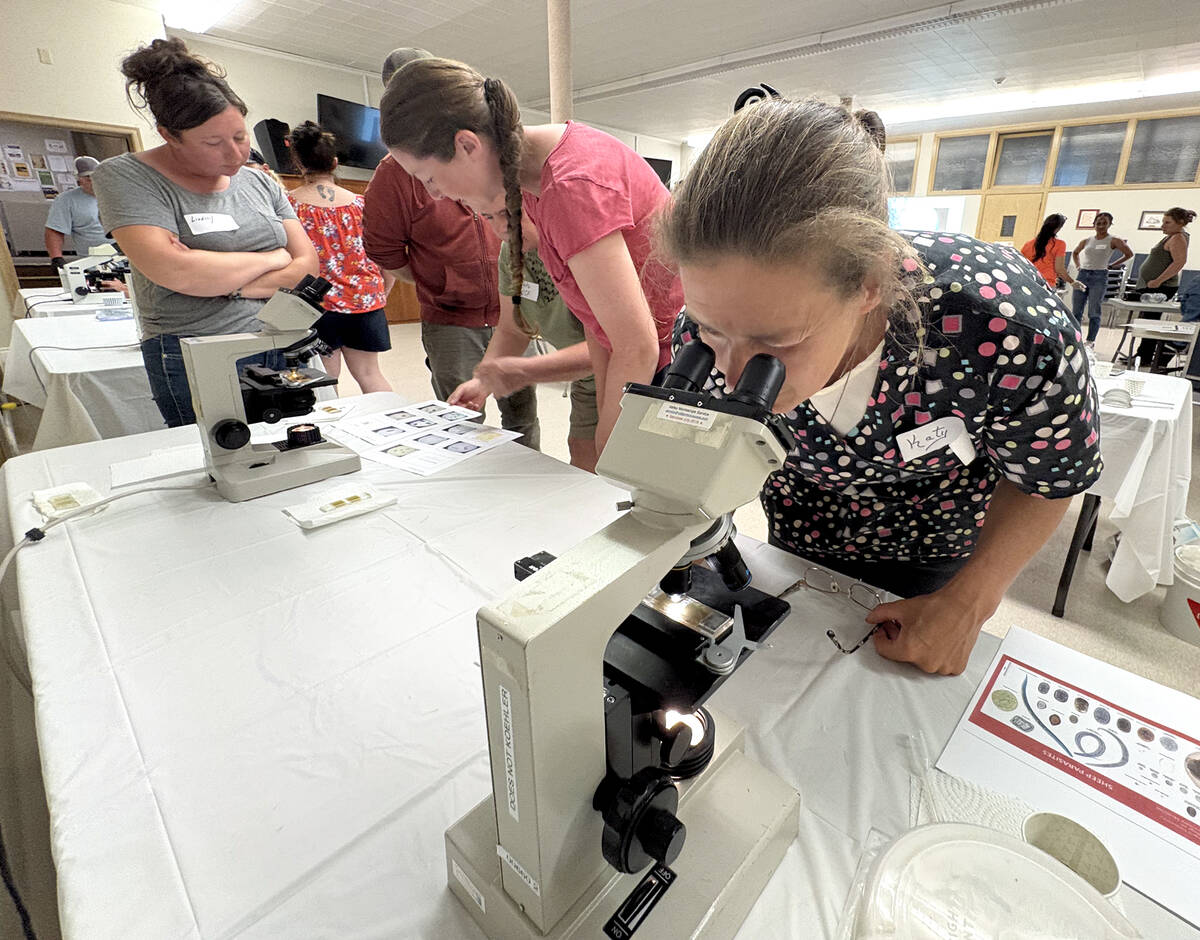
Smart deworming for sheep starts with individual fecal egg counts
Fecal egg count tests are one step to managing dewormer resistance and managing sheep parasites on Canadian sheep farms to maintain flock health.
Pullet operators have their own food safety program, called Clean Start, as do hatcheries (L-CHEQ).
Se is a bacteria which can silently infect the ovaries of healthy-appearing hens, spread to normal-looking eggs and make people sick if the eggs are eaten raw or undercooked. The bacteria can appear in other foods as well.
Se cases affecting human health are infrequent in Canada but they do occur. A Canada-wide Se outbreak in 1998, which resulted in nearly 700 people getting sick, was traced to contaminated cheese. Another incident in 2000 involved 12 cases in Alberta and Saskatchewan. Contaminated mung bean sprouts were the source.
Se insurance could become a precedent for private insurance plans against other poultry diseases, such as avian influenza, said Penny Kelly, MEP general manager.
Coverage is provided through the Poultry Insurance Exchange (PIE), an Ontario-based reciprocal insurance exchange. A reciprocal insurance exchange is an unincorporated group or pool of organizations with similar risks who agree to share those risks with each other.
About 95 per cent of Manitoba egg producers have already signed up, Kelly said.
If Se is found in a flock, insurance will cover losses for: destroying or sanitizing eggs by pasteurization, euthanizing flocks (if necessary), delaying layer placements, barn cleaning and disinfecting.
The goal is to have producers “made whole” by covering their financial losses until they can resume production, said MEP director Calvin Dirks, a producer from Steinbach. [email protected]






